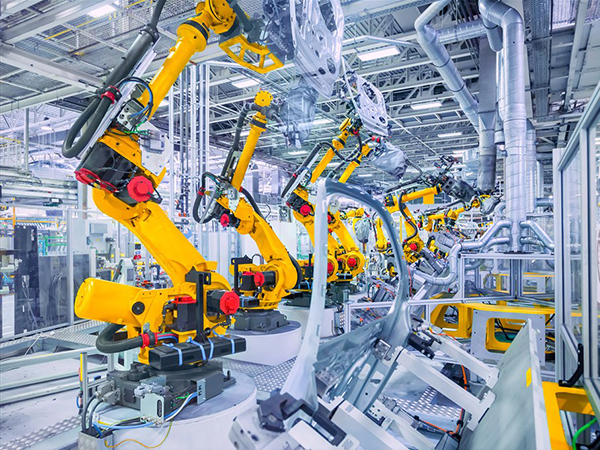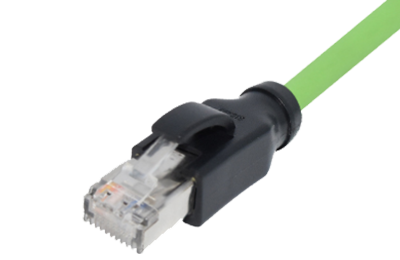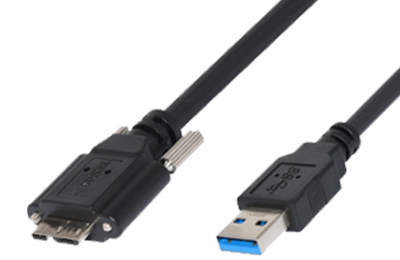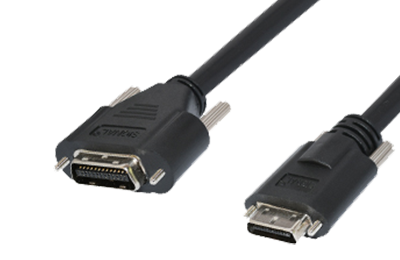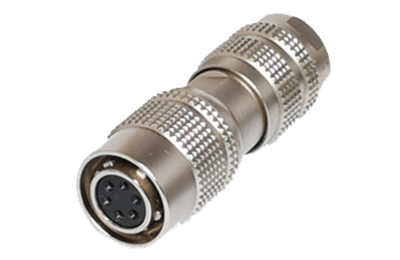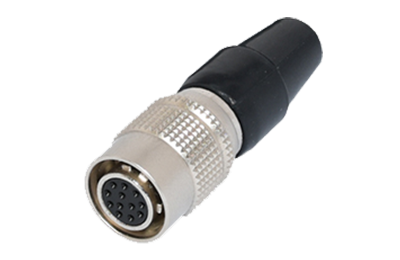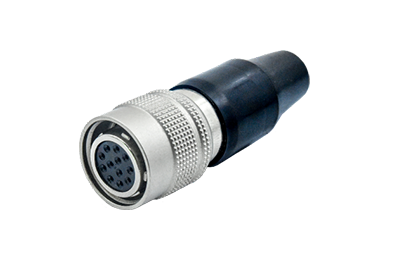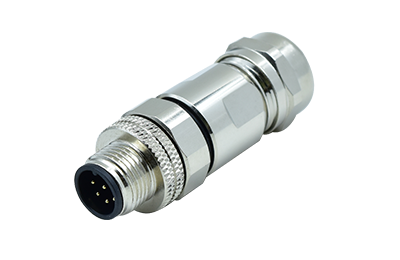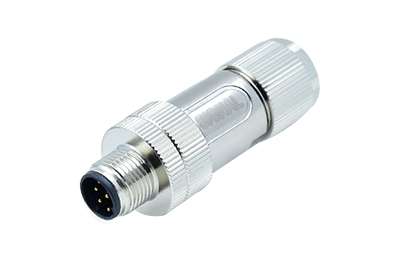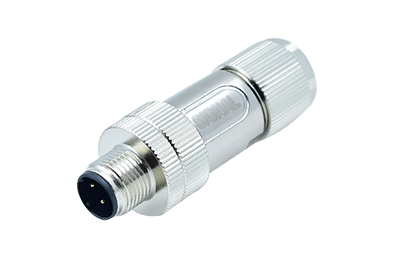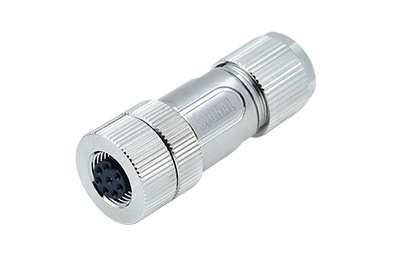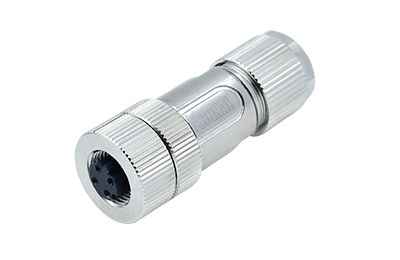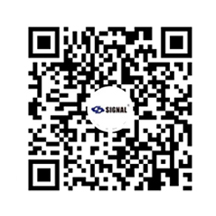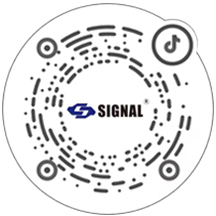Shenzhen SIGNAL: Fortschrittliche Konnektivitätslösungen für industrielle Bildverarbeitung
Die Technologie der industriellen Bildverarbeitung revolutioniert die industrielle Automatisierung. Sie ermöglicht es Systemen, visuelle Informationen für Aufgaben wie Inspektion, Messung und Steuerung zu interpretieren. Diese Technologie kombiniert optische Systeme, hochauflösende Kameras und Bildverarbeitungstools, um die menschlichen Sehfähigkeiten nachzubilden und Maschinen autonom beobachten, messen und Entscheidungen treffen zu lassen. Shenzhen SIGNAL arbeitet mit führenden globalen Herstellern von Bildverarbeitungskameras zusammen, um spezialisierte Steckverbinder und Verbindungslösungen anzubieten, die auf die hohen Anforderungen industrieller Bildverarbeitungsanwendungen zugeschnitten sind.
Umfassende Steckverbinderlösungen für Machine Vision Systeme
Unsere Produkte sind auf die komplexen Anforderungen industrieller Bildverarbeitungssysteme zugeschnitten und gewährleisten eine nahtlose Integration und zuverlässige Datenübertragung. Zu den wichtigsten Merkmalen gehören:
· Hochgeschwindigkeitsdatenübertragung:Unsere Steckverbinder sind für die schnelle Verarbeitung großer Datenmengen ausgelegt und ermöglichen die Echtzeit-Bildverarbeitung, die für Anwendungen wie automatisierte Inspektion und Roboterführung unerlässlich ist.
· Robust Construction: Built to withstand challenging industrial environments, our connectors offer durability and consistent performance, ensuring minimal downtime and maintenance.
· Vielseitige Montageoptionen: Wir bieten eine Reihe von Steckverbinderdesigns an, um unterschiedlichen Installationsanforderungen gerecht zu werden und so die Flexibilität bei Systemdesign und -integration zu fördern.











